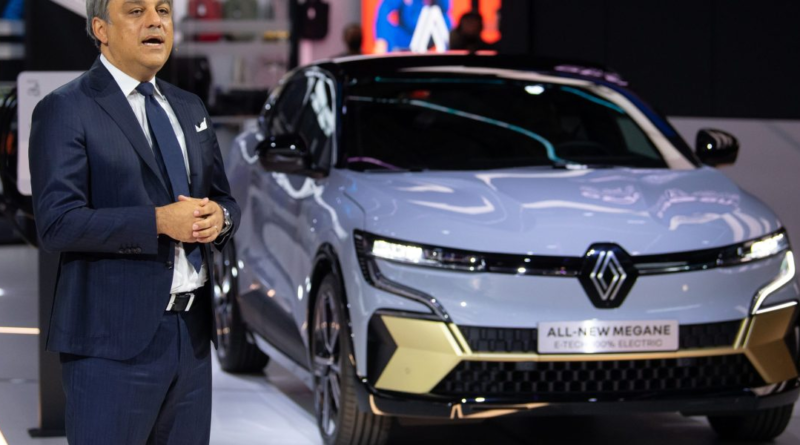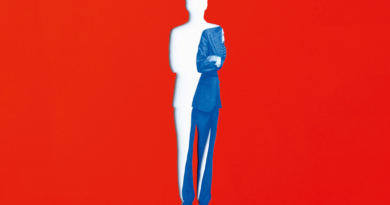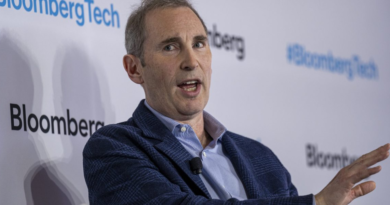Renault CEO calls for post-World War II style ‘Marshall Plan’ to halt BYD onslaught
Renault has become the latest EV group to place itself on a war footing with Chinese Tesla-killer BYD, and the French carmaker’s boss is harking back to the 1940s for a plan to help Europe’s carmakers fight off rising threats from the Far East.
In a 19-page open letter addressed to Europe, Renault boss Luca de Meo warned the continent was facing an “onslaught of electric vehicles from China” and needed to take inspiration from China itself, as well as the United States, to kickstart EV takeup.
Now de Meo is calling for a European fund to help speed up Europe’s transition to electric vehicles before Chinese EV maker BYD takes over the market.
“A European Marshall Plan could be put in place to accelerate ‘parc’ renewal and thus drastically reduce CO2 emissions,” de Meo wrote, referring to the number of EVs on the road.
The Marshall Plan, known as the Economic Cooperation Act, was passed by the U.S. Congress in 1948 to help rebuild Western Europe in the wake of World War Two, partly out of fear of Communist expansion.
The act would eventually see $12 billion funneled across 16 countries over three years.
The French carmaker’s boss appears to be hoping for something similar for the EV market, which is at something of an inflection point.
Carmakers appear to be running out of early EV adopters and are now turning their sights toward mass-market internal combustion engine drivers, who have been more reluctant to make the shift to EVs.
Several automakers have warned it will take longer than initially thought to convert those stubborn drivers to EVs, citing everything from falling gas prices to inadequate infrastructure.
Renault’s de Meo warned that oppressive regulations in Europe were increasing the cost and lifespans of carbon-emitting vehicles by an extra five years since the 1990s.
The U.S., on the other hand, had backed the uptake of EVs in the country through its mammoth Inflation Reduction Act, which pumped billions of dollars into the market.
Europe’s BYD threat
The Renault boss mentioned China 23 times in his brief letter, underscoring the anxiety coursing through Europe’s legacy automakers amid a push into their market by BYD.
Warren Buffett-backed BYD has benefitted from state-backed subsidies in China. It also has complete control of its battery supply chain, which has helped massively reduce costs.
De Meo pointed out that a C-segment car in China had a cost advantage of between €6,000 and €7,000 (between $6,500 and $7,600) compared with a European equivalent.
That cost advantage has helped BYD make early inroads into the European market, agreeing to build a new manufacturing plant in Hungary and sending purpose-built EV cargo ships that can carry 7,000 BYD cars to the continent.
There are obstacles that make BYD’s advance in Europe far from assured.
The group will have to contend with European drivers’ brand loyalty, higher labor costs, and the threat of a clampdown from lawmakers.
Indeed, the EU has already launched a probe into BYD over potentially anti-competitive Chinese subsidies, which has left carmakers in a “state of shock.”
Despite also fixating on the threats of China, De Meo pointed out that it was important Europe maintained relations with the automaker, which has become a valuable trading partner to some of the continent’s biggest economies.
“Completely closing the door to them would be the worst possible response,” de Meo wrote.




